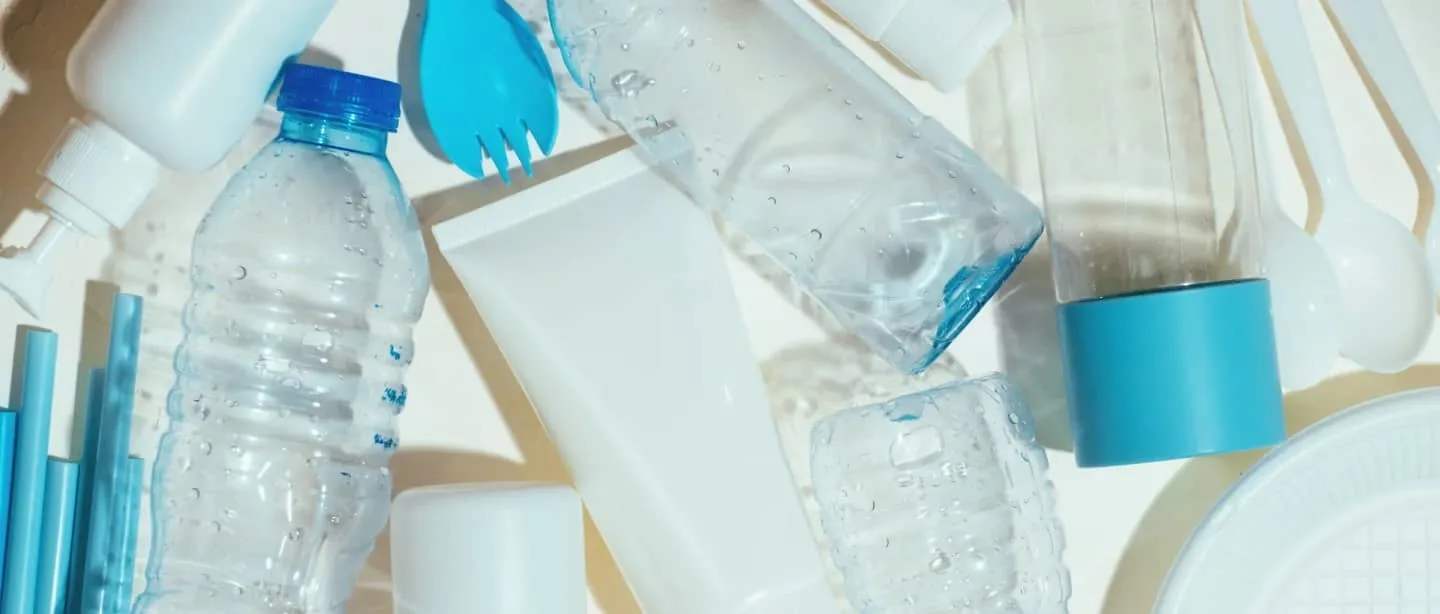
Did you know that 2,000 plastic water bottles are used every second, or that a dump truck’s worth of plastic goes into our oceans every minute?* Incredibly, current projections show that there will be more plastic than fish in our oceans by the year 2050.† Fortunately there’s something we can do to help, by committing to reduce, reuse and recycle. And we can support companies and products committed to reducing plastic waste. Here are a few ways to chip in.
REDUCE: Cutting plastic waste.
The world’s current recycling efforts are not nearly effective enough to offset the global demand for plastic products. One of notable culprit is the proliferation of disposable plastic water bottles. Of course, there are more environmentally friendly alternatives to consider when hydrating.
Brita® Water Filters can help cut down on plastic waste. With a diverse collection of filter pitchers and reusable water bottles, you can get great-tasting water without having to buy disposable water bottles. You can reduce up to 900 plastic bottles with just one Brita Elite™ filter.‡ Brita also offers faucet filtration systems that filter impurities right at your tap. Click here to learn more about what Brita filters!
REUSE: Repurposing plastic products.
There are many ways to reuse and repurpose plastic products that would otherwise be thrown away. For starters, it’s easy to reuse plastic shopping bags as trashcan liners. You can also tap into your crafty side and transform milk jugs into mini herb gardens, piggy banks, even DIY bird filters. By repurposing these products into reusable items, we can reduce the amount of plastic waste that goes into the environment.
Even old Brita® pitchers and filters can be transformed once they’ve been retired. Visit the Brita Recycling page to see how.
RECYCLE: The importance of recycling.
Compared to compostable food materials, plastic products can take hundreds of years to break down. In fact, plastic water bottles take 450 years to decompose.§ So although recycling is a great habit to make, it is best to reduce or reuse rather than rely on recycling alone. Pacific Institute estimates that between 32 and 54 million barrels of oil are needed to meet the annual demand for bottled water products alone, and that’s just in the United States. The resulting greenhouse gas emissions are equivalent to over a million cars on the road. On top of that, plastic that accumulates in sea water, for example, can transfer contaminants to seabirds, fish, plants and other animals. Before you toss your empty plastic bottles and containers, check if they are recyclable and be sure to place in a recycling bin to do your part to reduce waste.
Start making a difference.
Choose planet over plastic by signing this pledge with National Geographic, and spread the word by challenging friends and family to join the movement. Here are just a few ways you can start making an impact today:
- Cut down on the single-use plastic products you use
- Travel with a reusable water bottle when you’re on the go
- Carry reusable shopping totes to avoid disposable plastic bags
- Avoid using non-recyclable materials, like Styrofoam
- If you do use plastic products, recycle appropriately
- Recycle Brita products through TerraCycle®
Watch our Sustainability video
*Estimation from World Economic Forum “The New Plastics Economy,” based on current weight of global plastics in oceans. †Estimation from World Economic Forum “The New Plastics Economy,” based on current weight of global plastic waste in oceans and expected trends. ‡Standard 16.9 oz. bottles. §Source: NOAA Woods Hole Sea Grant Marine Debris Poster.
